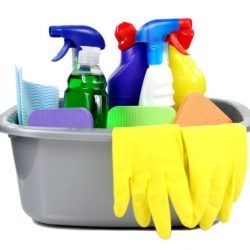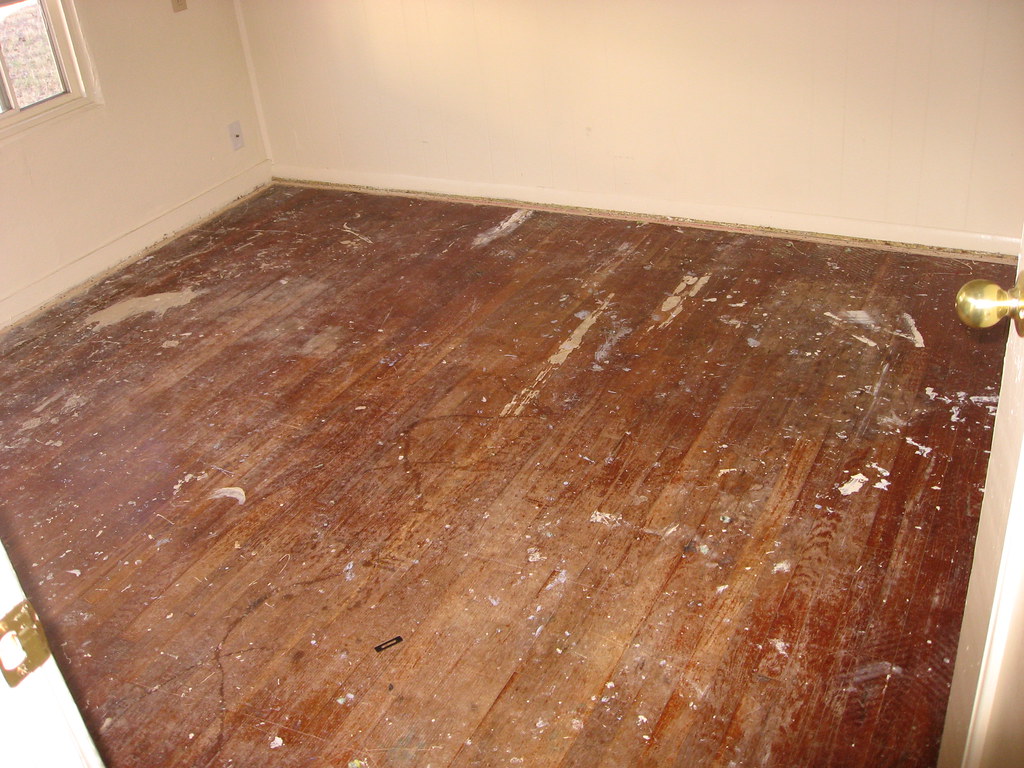For bed linens to last, proper care must be taken, not only according to the instructions and pictograms on the label. Here are some frequently asked questions about how to care for your bedding, how often to wash your sheets, and the best way to store them.
The most common materials used for bed linens are cotton, Egyptian cotton, and cotton-polyester blends, but bamboo, hemp, and silk are also available. As a first step, reviewing the care recommendations, promoted by the manufacturer and on the label, will give you a proper guideline to follow. Remember that cotton and polyester blends are generally less likely to wrinkle in the dryer than cotton sheets. Bamboo, linen, and silk sheets, on the other hand, require special care.
The Right Approach
- Always wash sheets separately from towels and other clothing. This allows more room for the sheets to circulate in the water, resulting in a cleaner final wash. Washing separately also prevents damage to zippers and other fasteners and reduces the formation of furballs over time.
- Always treat stains before washing. Avoid using bleach on bedding as it damages the fabric. To brighten white sheets, add 1/4 cup lemon juice to the wash water instead of bleach. For cotton and cotton-polyester sheets, use a mild detergent. Special fabrics such as linen and silk may require a special detergent.
- For washers with a central rotary dryer, roll sheets together before placing them in the washer.
- Use a gentle washing program and wash in water or lukewarm water. Remove the laundry as soon as the wash program is finished (this is to prevent wrinkling).
- If possible, dry the sheets outside, out of direct sunlight.
- If drying in a dryer, do so at a low temperature to minimize damage from high temperatures.
- Immediately after drying, remove the sheet from the dryer and fold it smoothly by hand.
- Avoid ironing as much as possible, as the heat damages the fibers.
What to Avoid
To preserve the quality of your bedding as long as possible, do not use washing powder, fabric softener, or bleach, as they coat the natural fibers and weaken them. Also, avoid getting household detergents or care products containing benzoyl peroxide or alpha hydroxy acids on your bedding to prevent discoloration.
Frequency of Washing
Sheets, pillowcases, and duvet covers should be cleaned every 7 to 10 days, more frequently if you are prone to night sweats. Items that come in direct contact with the skin should be properly sterilized. Otherwise, duvets, plaids, runners, and other attached items should be washed every three months.
Tip: Washing bedding at the beginning of the season is an easy and practical way to maintain regular cleaning.

Washing Silk Sheets
Silk is durable but requires special washing to preserve the fibers. Hand washing is best, at least the first few times. Do not wring silk sheets. Rather, dab them with a towel. If machine washing, choose a fine or hand wash cycle in cold water and use detergent or soap recommended by the manufacturer. Hang sheets on an outside line out of the sun or dry them on the lowest setting above the dryer’s air volume.
Other Tips
- Pet hair and skin are food for dust mites, so keep your bedroom pet-free. You deserve a small space to yourself.
- Keep the room cool and dry.
- Try using a dehumidifier, especially if you live in a humid area.
- Take a shower at night to save yourself the trouble of washing up, and your sheets will last longer.
- Never leave luggage, bags, smartphones, shoes, or clothes that have been washed on the bed. These elements can damage bedding and transfer unwanted oils and bacteria to your bed.
- Making your bed each morning will make you feel better and keep dust mites and bedding in good condition.
- Pillows, in particular, should be stuffed daily to keep them in shape.





